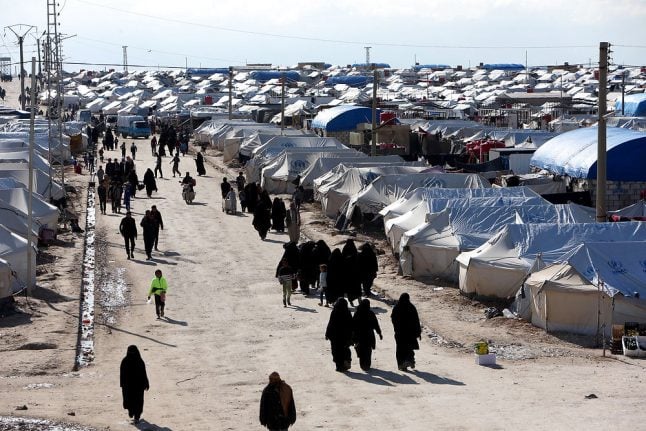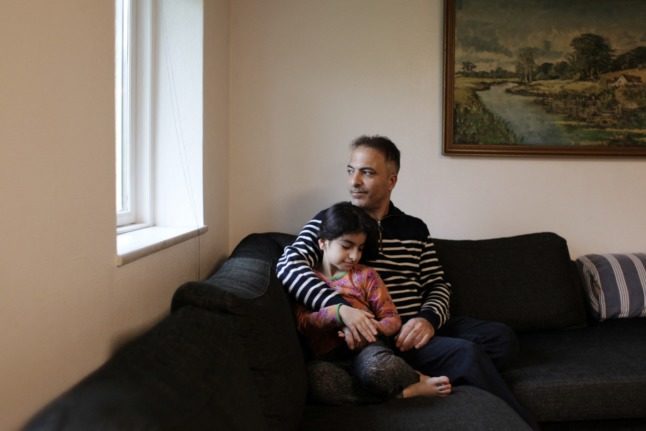Summer temperatures exceeding 40 degrees Celsius have significantly worsened conditions, according to charity Save The Children.
The NGO’s Syria spokesperson Amjad Yamin urged Denmark to immediately take back the individuals. People living at the camp include women and children. Some adults may have travelled to the country in support of the Islamic State (Isis) terror group.
“You should take back your citizens now. Absolutely.
“If there are women who have committed crimes, they should naturally be prosecuted and punished in their home countries.
“But it is inhumane to allow children to remain under these conditions,” Yamin continued.
Many of the children at al-Hol are orphans and rely on help from older siblings or others, the spokesperson said.
“We met [on a recent inspection, ed.] a 17-year-old who was looking after five younger siblings, all under 12. That’s children taking care of children,” he said.
Human Rights Watch (HRW) has also visited the camp during the summer.
The organisation reports poor hygiene including overflowing latrines and worms in tanks used for drinking water.
HRW senior researcher Letta Taylor hit out at Denmark and other countries for delaying decisions on whether to allow citizens to return.
“Foreign women and children are stuck indefinitely in a dusty hell in north eastern Syria while their home countries look the other way,” Taylor said in a press statement, according to Ritzau’s report.
The official position of the Danish government is that parents are responsible for the situations in which they place their children.
Due to security considerations, allowing women and children to return to Denmark must be considered on an individual basis in cases where the individuals have lived under Isis rule, according to the official line.
Rosa Lund, justice and foreign policy spokesperson with the left wing Red-Green Alliance, said Denmark “could not justify” that approach.
“It should be clear to everyone that an Isis prison camp is no place for children and that we should follow the French example and bring them home,” Lund said.
READ ALSO: 'It would be better if they had died in battle': Danish justice minister on returning Syria fighters



 Please whitelist us to continue reading.
Please whitelist us to continue reading.
Member comments